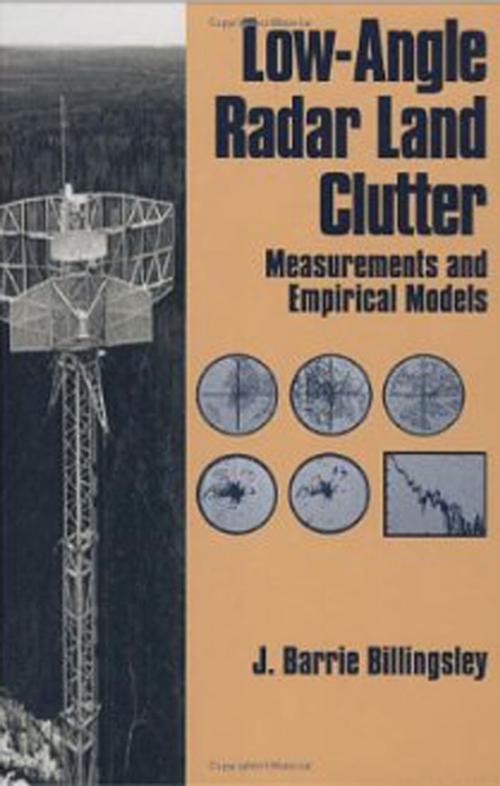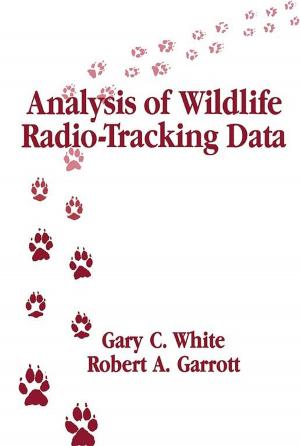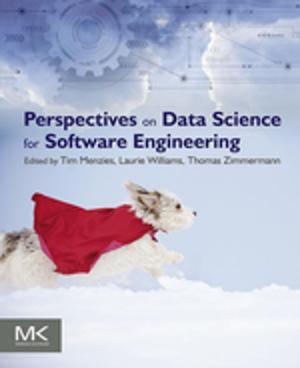| Author: | J. Barrie Billingsley | ISBN: | 9780815518211 |
| Publisher: | Elsevier Science | Publication: | April 1, 2002 |
| Imprint: | William Andrew | Language: | English |
| Author: | J. Barrie Billingsley |
| ISBN: | 9780815518211 |
| Publisher: | Elsevier Science |
| Publication: | April 1, 2002 |
| Imprint: | William Andrew |
| Language: | English |
A necessary reference for all radar engineers or analysts including many levels of managers, advisors and decision makers in the U.S. and worldwide radar industry. Directly useful in both military (DOD) and civilian (FAA) applications. The result of 20 years of research at MIT Lincoln Lab, this book is of the most significant tehcnological consequence for the industry. It actually solves the problem of low angle radar land clutter by showing the reader how to design and predict the performance of radars that operate in situations where land clutter prevalent.
Radar land clutter constitutes the unwanted radar echoes returned from the earth's surface that compete against and interfere with the desired echoes returned by targets such as aircraft and other moving and stationary targets. The ability to accurately predict the effects of land clutter in surface radar has been an unsolved problem for many years. This book is comprehensive in addressing the topic, containing many interrelated results, each important in its own right. It unifies and integrates all the results so as to create a comprehensive, innovative, and unequaled work.
The results of this book directly enable the reader to predict land clutter effects in surface radar. Modern military aircraft deliberately fly low to hide their presence from radars that are also dealing with land clutter. Depending on the terrain, the performance of the radar varies greatly from very good to very poor. This book helps radar engineers provide accurate assessments of ground clutter, thus bringing their ability to detect and operate against low flying aircraft to a much higher and much more consistent level.
A necessary reference for all radar engineers or analysts including many levels of managers, advisors and decision makers in the U.S. and worldwide radar industry. Directly useful in both military (DOD) and civilian (FAA) applications. The result of 20 years of research at MIT Lincoln Lab, this book is of the most significant tehcnological consequence for the industry. It actually solves the problem of low angle radar land clutter by showing the reader how to design and predict the performance of radars that operate in situations where land clutter prevalent.
Radar land clutter constitutes the unwanted radar echoes returned from the earth's surface that compete against and interfere with the desired echoes returned by targets such as aircraft and other moving and stationary targets. The ability to accurately predict the effects of land clutter in surface radar has been an unsolved problem for many years. This book is comprehensive in addressing the topic, containing many interrelated results, each important in its own right. It unifies and integrates all the results so as to create a comprehensive, innovative, and unequaled work.
The results of this book directly enable the reader to predict land clutter effects in surface radar. Modern military aircraft deliberately fly low to hide their presence from radars that are also dealing with land clutter. Depending on the terrain, the performance of the radar varies greatly from very good to very poor. This book helps radar engineers provide accurate assessments of ground clutter, thus bringing their ability to detect and operate against low flying aircraft to a much higher and much more consistent level.















